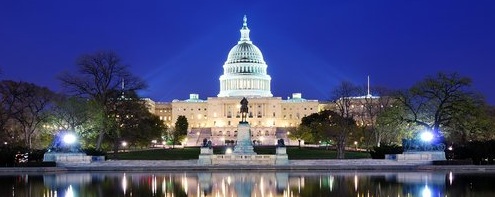
FBOs to Congress: Preserve Our Religious Freedom
A letter was delivered to every congressional office on August 25th with a plea from a multifaith group of faith-based leaders: don’t change the rules and hamper our ability to serve the public! A particular concern is the rumor that language banning religious hiring by federal grantees will be added to the continuing budget resolution Congress will soon have to adopt.
The letter was signed by more than a hundred leaders—Catholic, orthodox Jewish, and Protestant—representing a range of domestic and international services. The Institutional Religious Freedom Alliance’s President, Stanley Carlson-Thies, signed the letter and was also part of the organizing team.
The letter was prompted by a series of actions in Washington DC by members of Congress and activist groups seeking to limit the freedom of faith-based organizations to hire on a religious basis and to limit the protection offered to religious organizations by the Religious Freedom Restoration Act (RFRA). Those actions are detailed here. Opponents of religious hiring are seeking to get Congress to add to a continuing budget resolution language banning religious hiring by every federal grantee. Congress must pass such a resolution because it has yet to adopt budget laws for the federal government even though the new fiscal year begins on October 1. The anti-hiring language would likely also limit the ability of faith-based organizations to appeal to the Religious Freedom Restoration Act to protect their religious rights.
A continuing budget resolution is a “must sign” bill and would put President Obama under extreme pressure to do something he has so far not done: upset decades of federal policy on religious hiring. The rules governing many federal programs allow faith-based organizations to partner with the federal government to provide services even when the organizations utilize their legal freedom to consider religion when hiring staff. Curtailing the protections of the Religious Freedom Restoration Act would be even worse, as RFRA was passed by Congress and signed into law by President Clinton in 1993 specifically to protect the exercise of religion.
Critics have said that RFRA was never intended to protect religious hiring by government grantees, but Douglas Laycock, top church-state constitutional expert, has pointed out in a memo to federal officials that the critics have offered no legal argument, only their policy preferences.
Letter to Congress by faith-based leaders
